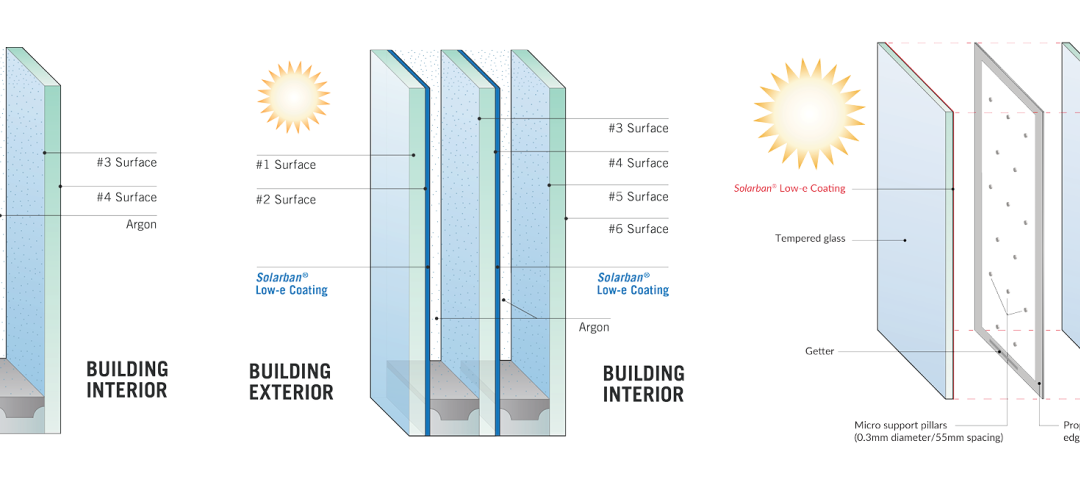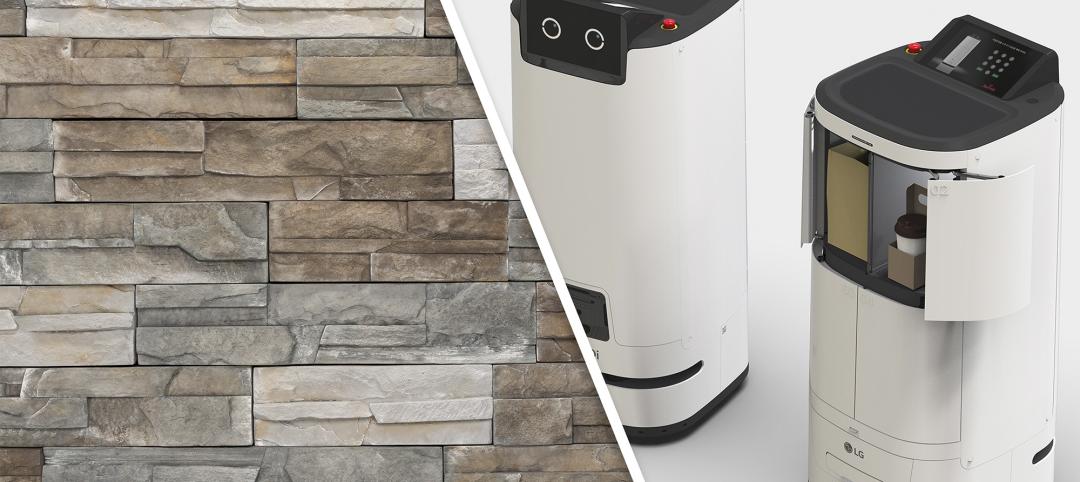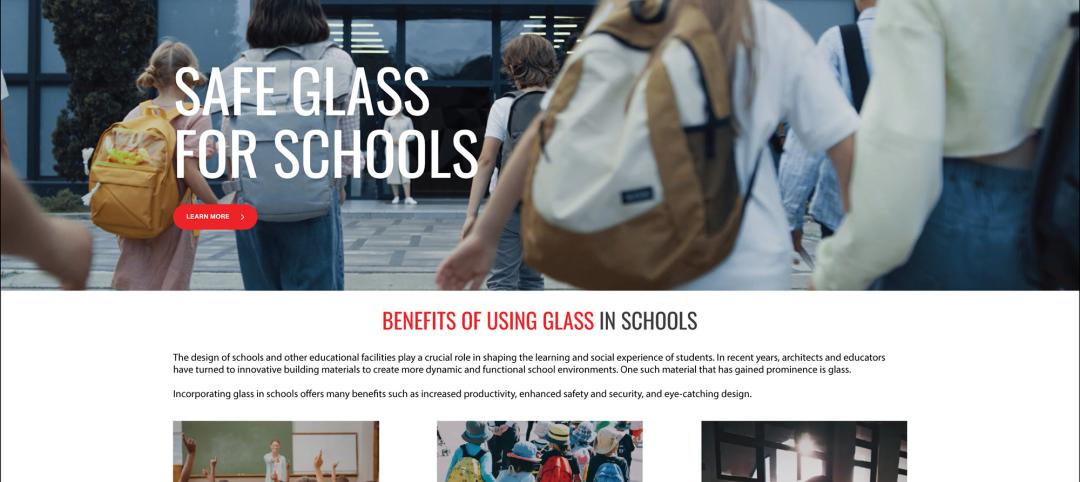Wired glass was the only fire rated glass (FRG) product available for over 100 years. In traditional wired glass, the embedded wires hold annealed glass in place during the fire test to achieve a fire rating. While the wires give the illusion of increased strength and impact resistance, the opposite is true. Wired glass is not safety glazing. The wires actually weaken the glass, making it half as strong as ordinary window glass. Wired glass breaks easily on human impact, exposing razor sharp wires that can trap a victim’s limb in the opening and increase the severity of the injury. Alarmingly, wired glass is the most commonly used FRG product found in educational facilities, leading to over 2,500 wired glass impact injuries in schools every year. In 1977, the Consumer Product Safety Commission (CPSC) enacted a federal safety glazing standard (16 CFR 1201) to protect people from injury due to accidental impact with glazing. The building codes apply the CPSC standard to require that glazing used in hazardous locations, such as doors and sidelites, must meet minimum Category I and II impact standards, depending on the size of the glazing panel. Smaller glazing panels in sizes up to 1296 square inches must meet the Category I impact test of 150 ft. lbs. Larger glazing panels must meet the higher Category II standard impact test of 400 ft. lbs. of impact resistance. At the time the federal standard was enacted, wired glass manufacturers alleged they lacked the technology make a fire rated product that could meet the new CPSC standards. Since wired glass was the only FRG product available in 1977, the IBC granted wired glass a temporary exemption from meeting the CPSC standard. This exemption allowed wired glass used in fire assemblies to meet a lower ANSI Z97.1 impact standard of 100 ft. lbs., which the CPSC acknowledged was inadequate to protect anyone except children under five. For more information, click on the link below.
Related Stories
Glass and Glazing | Oct 7, 2024
Pattern language: An exploration of digital printing on architectural glazing
Architectural Glazing has long been an important expressive tool which, when selected and detailed thoughtfully, can contribute to the successful transformation of architectural concepts to reality.
Products and Materials | Aug 31, 2024
Top building products for August 2024
BD+C Editors break down August's top 15 building products, from waterproof wall panel systems to portable indoor pickleball surface solutions.
Glass and Glazing | Aug 16, 2024
The next generation of thermal glazing: How improving U-value can yield energy savings and reduce carbon emissions
The standards for energy-efficient construction and design have been raised. Due to the development of advanced low-e coatings for the interior surface and vacuum insulating technologies, architects now have more choices to improve U-values wherever enhanced thermal performance is needed to create eco-friendly spaces. These options can double or even triple thermal performance, resulting in annual energy savings and a positive return on carbon.
Curtain Wall | Aug 15, 2024
7 steps to investigating curtain wall leaks
It is common for significant curtain wall leakage to involve multiple variables. Therefore, a comprehensive multi-faceted investigation is required to determine the origin of leakage, according to building enclosure consultants Richard Aeck and John A. Rudisill with Rimkus.
Products and Materials | Jul 31, 2024
Top building products for July 2024
BD+C Editors break down July's top 15 building products, from Façades by Design to Schweiss Doors's Strap Latch bifold door.
Products and Materials | May 31, 2024
Top building products for May 2024
BD+C Editors break down May's top 15 building products, from Durat and CaraGreen's Durat Plus to Zurn Siphonic Roof Drains.
Codes and Standards | May 10, 2024
Specification for field testing newly installed storefronts, curtain walls, sloped glazing systems updated
The Fenestration and Glazing Industry Alliance (FGIA) updated a specification establishing requirements for field testing newly installed storefronts, curtain walls, and sloped glazing systems.
Products and Materials | Apr 30, 2024
Top building products for April 2024
BD+C Editors break down April's top 15 building products, from CLiC On-demand Privacy Glass to NovaCore Thermal Insulated Sheathing.
75 Top Building Products | Apr 22, 2024
Enter today! BD+C's 75 Top Building Products for 2024
BD+C editors are now accepting submissions for the annual 75 Top Building Products awards. The winners will be featured in the November/December 2024 issue of Building Design+Construction.
Fire-Rated Products | Apr 16, 2024
SAFTI FIRST launches redesigned website
SAFTI FIRST, leading USA-manufacturer of advanced fire rated glass and framing systems, is pleased to announce the launch of its newly redesigned website, safeglassforschools.com.

















